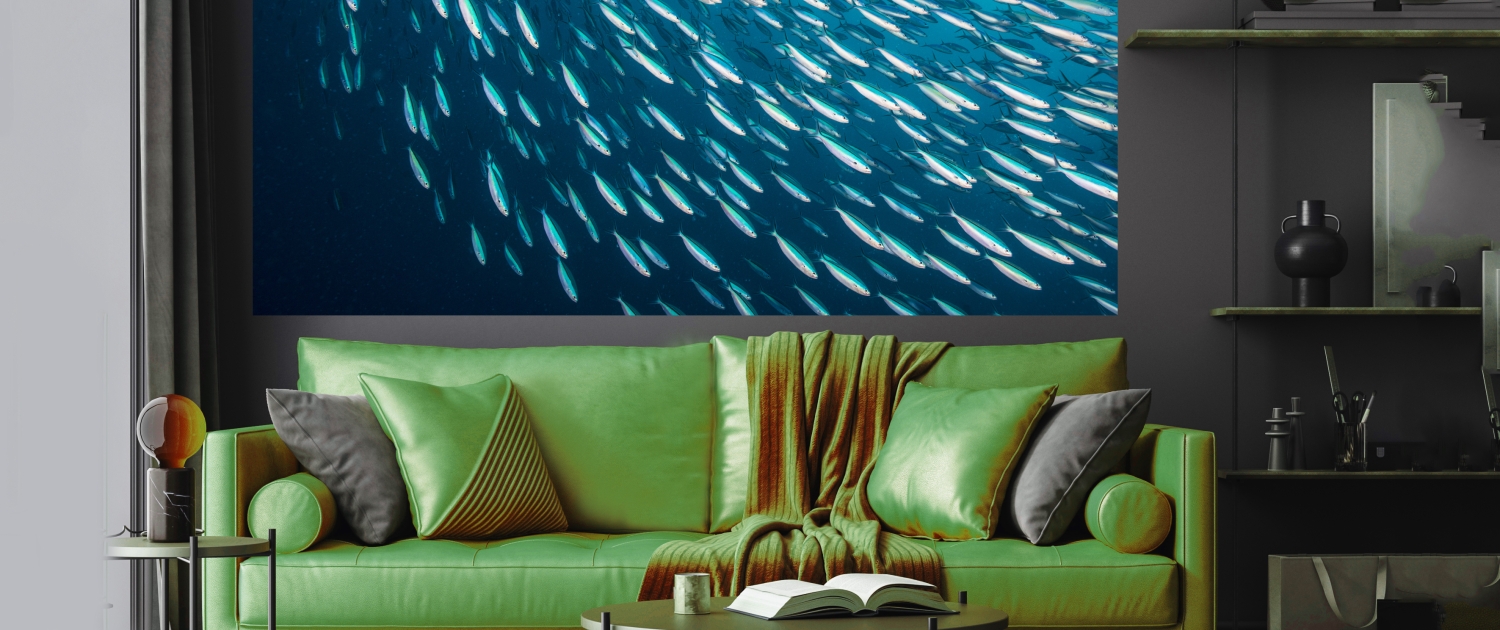SIRIAL® TIS NATUR
Fatliquoring with improved eco balance
As part of the pioneering Pulcra Naturalis® initiative, the Pulcra development team has introduced Sirial® TIS NATUR. The product has been designed as the main fatliquor for very soft leathers with good fullness, sponginess and a waxy feel. Applications range from shoe uppers to garment and sofa leathers.
Sirial® TIS NATUR is based on high-quality fish oil obtained from purified technical varieties that have not been released for human consumption and therefore do not compete with raw material flows for nutrition. Moreover, the fish oil is extracted without endangering wild fish stocks. The high degree of purification guarantees good heat and light fastness. In addition to the fish oil, Sirial® TIS NATUR contains natural humectant components that improve the elasticity of the grain without weighing it down. The proportion of bio-based carbon in Sirial® TIS NATUR is >80 %1, well above the current industry benchmark. When used with products from the Pulcra Naturalis® portfolio, the bio-C content of the leather is significantly improved. We believe that the best advertisement for the highly sustainable material natural leather is to further reduce its environmental impact.
Pulcra Naturalis®– The Bio-Revolution for Leather Processing is an initiative launched by Pulcra focused on promoting a product portfolio with a high content of bio-based carbon. All products included in this new portfolio contain at least 80 % renewable carbon1.
The use of renewable feedstocks is an important means of reducing greenhouse gas emissions from the manufacture of chemicals and an important step towards carbon neutrality. Much of the carbon contained in industrial or consumer products, including leather or leather chemicals, eventually enters the atmosphere as CO2. When working with fossil raw materials, the carbon used was sequestered in the earth, so its release means a strongly negative carbon balance. Renewable raw materials, which are based on plant or animal raw materials, have a much better carbon balance: plants bind CO2 from the atmosphere, and animals are fed with natural feed. Switching to renewable raw materials therefore stops the influx of CO2.



